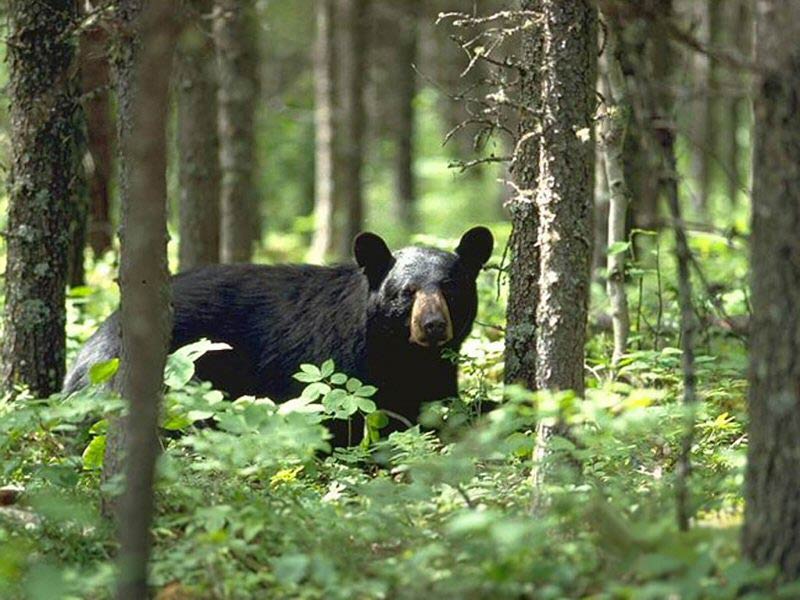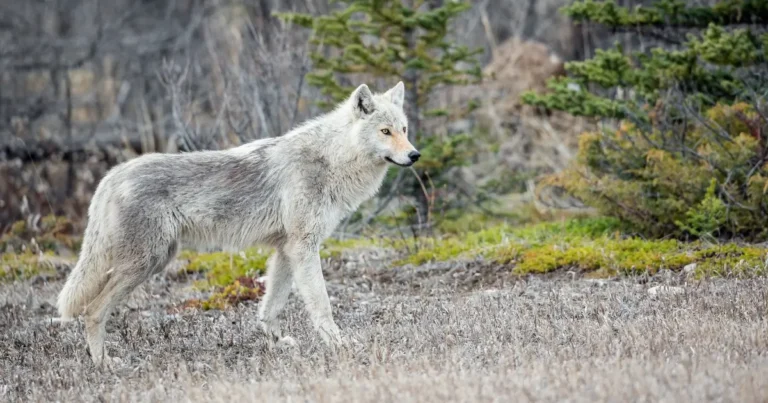It seems as though there is an ongoing war on wildlife in BC.
This morning, a cougar was shot in Sidney (Vancouver Island) by Conservation Officers. A few weeks ago, the BC provincial
government announced open season, year-round, on wolves living in the Cariboo in BC. Further to that, 70 bears have been
killed in the past 2 months in the province because they were deemed a ‘threat’.
While wild animals are dangerous, there are many things that can be done to prevent attacks. A little education goes a long
way – and remember when you are in the woods, you are in their territory.
If you see a black bear, cougar, wolf or coyote:
Stay calm, don’t run, keep the animal in view. Pick up children immediately – children frighten easily, the noise and
movements they make could provoke an attack. Don’t turn your back, don’t run, back up slowly. Make yourself look as
large as possible, keeping the animal in front of you at all times. Sudden movement may provoke an attack. If the animal
shows interest or follows you, respond by acting aggressively. Maintain eye contact, show your teeth and make loud noises.
Throw rocks, arm yourself with sticks or anything else that can be used as a weapon. Crouch down as little as possible when
bending down to pick up things off of the ground. Convince the animal you are a threat and not prey.

Photo: Black bear. We know you want to hug and feed him, but DON’T!
The easiest thing we can do to prevent conflicts with wild animals, is to reduce the number of attractants.
Never directly or indirectly, feed a wild animal. No matter how desperate, scraggly or adorable a wild animal may seem.
Once animals become dependant on your handouts, they will soon lose their fear of humans and are often killed.
At home:
- Don’t put your garbage out until the morning.
- Never leave pet food outside.
- Keep your pets under control, or on a leash when walking.
- Predators will often prey on house cats that are allowed to roam freely.
- Pick up fallen fruit. Pick berries as soon as they are ripened.
- Wash and cut up your recyclable containers.
- Don’t overfeed the birds, extra bird seed on the ground attracts small animals, which in turn attracts other animals, including predators.
- Clean your BBQ well, or secure it in the garage after use.
- Vegetable gardens may become an attractant if an animal has already gained other food rewards on your property. Consider electric fencing.
- Keep doors/windows locked, bears have a keen sense of smell and will try to enter your home if they smell food.
- Thin out brush to reduce natural cover close to buildings and along paths.
When camping:
- Keep your campsite clean and tidy.
- Cook and store food away from sleeping areas. Secure food and toiletries out of the reach of wildlife. Put all food away immediately after using it. Avoid cooking greasy or odorous foods. Do not sleep in the same clothes you wore while cooking.
- Use bear bells when hiking. Bring bear spray, an air horn or bear ‘banger’ (noisemaker).
- Don’t let your dog roam lose.
